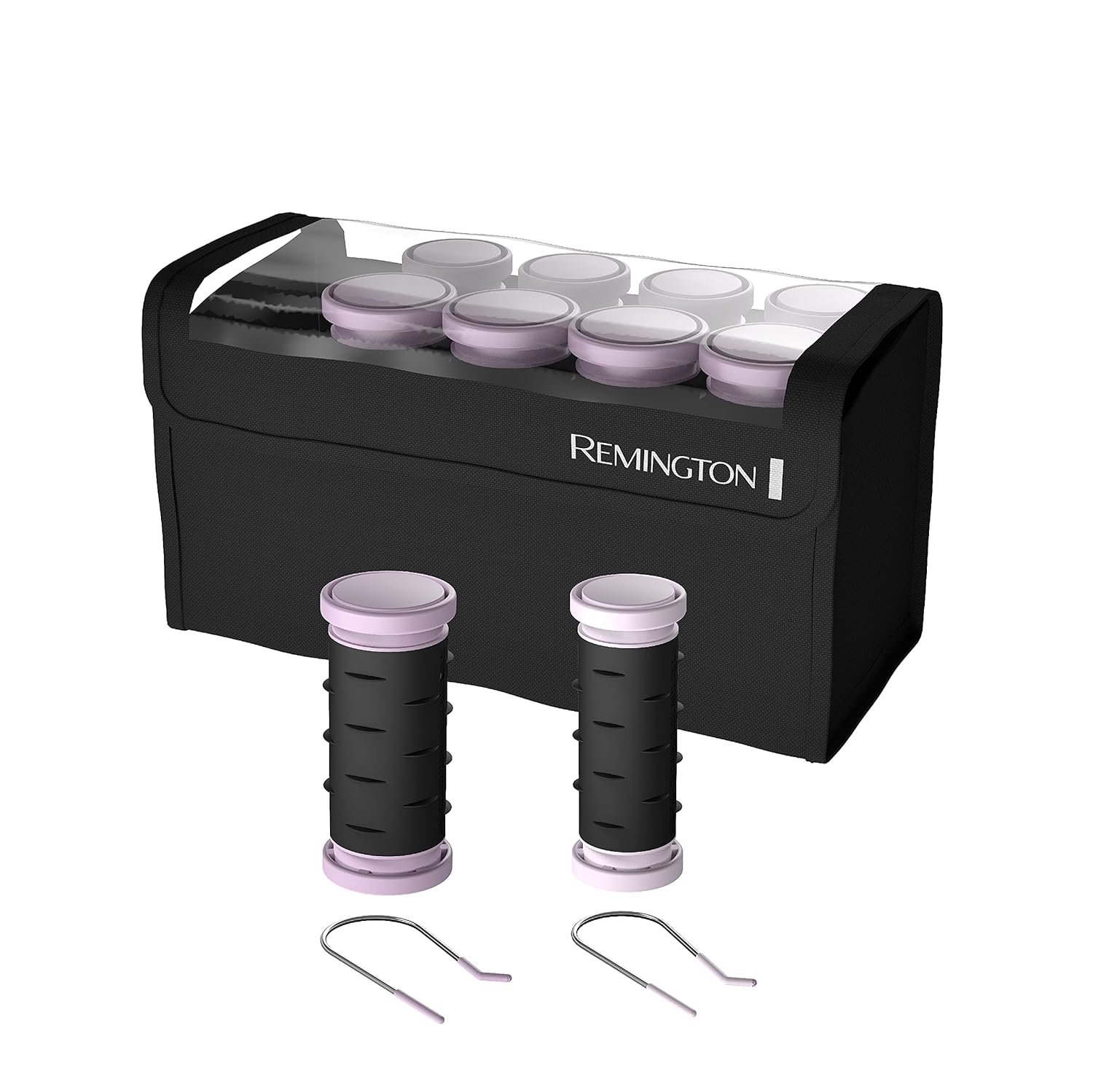The Benefits of Incorporating an Organic Blood Sugar Formula into Your Daily Routine
Managing blood sugar levels is crucial for overall health and well-being. High blood sugar levels can lead to a host of health problems, including diabetes, heart disease, and obesity. Incorporating…










